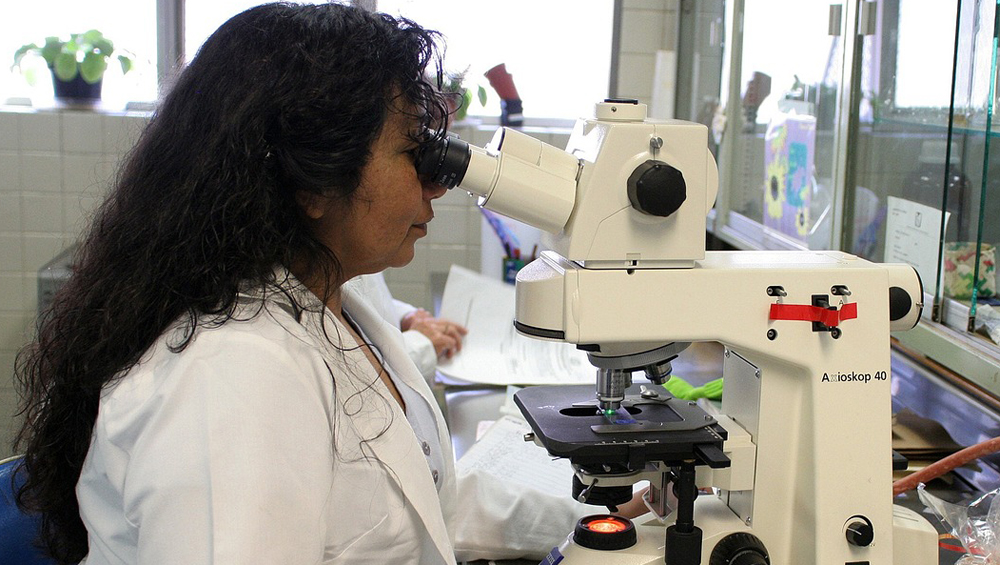
The News Could Use More Science


Rick Weiss
As a former longtime science journalist, I’m happy when I see scientists on TV news. Experts in COVID, climate, renewable energy and AI all help make sense of our fast-changing world.
But I’m also frustrated by the fact that news reporters typically call upon scientist sources only when the news is about science itself. Why don’t reporters more often turn to scientific sources for stories that are not about science but that would be more informative if they included some research-backed context?
Consider some recent polarizing themes in the news: whether books featuring gay or non-binary characters should be excluded from school libraries because of their effects on children; concerns that immigrant job seekers are pushing local wages downward; worries that weapons-heavy video games are contributing to gun violence.
It’s easy to believe that answers to societal controversies like these are inherently matters of ideology or opinion. But social scientists and others have conducted rigorous research on such topics for years. Their findings won’t provide yes or no answers to policy questions. But a close look at the evidence these experts have gathered can help tease apart overly simplistic arguments on both sides of an issue, put false assumptions to rest and clarify possible ways forward.
For example, scientists have found no evidence that reading a book about gay characters will make someone gay. But research does suggest that exposure to gay role models may inspire gay youngsters to come out publicly when they otherwise may not have.
Research has found that immigrant influxes may indeed push down local wages for the lowest-paid native employees, though notably that influence is almost immeasurably small — perhaps a few hundredths of 1%.
And studies on whether violent videogames contribute to gun violence are confusingly mixed — a situation that leaves the issue in flux, but should at least temper the most heated claims on both sides.
Aren’t these the kinds of nuanced details the public and decision makers should have on hand when considering policy options? And shouldn’t this body of evidence be as prominent in the news as all the opinionating we typically see?
It shouldn’t be that hard for scientists and journalists to achieve this public good together. In my decades working with both groups, I’ve marveled at how much they have in common. Both are motivated by intense curiosity, are committed to factual accuracy and demand multiple lines of evidence before broadcasting results. And forget about your cliched view of introverted, lab-coated nerds; there are tons of excellent scientist-communicators who want to share their expertise and insights.
Of course, there are cultural differences. Scientists may not immediately recognize that although truth resides in the details, a TV spot is short, so they need to keep it simple and get to the point quickly. And because scientists might spend months perfecting a research paper, they may need a nudge to understand that when a booker says they are needed on camera in two hours, they mean it.
For their part, TV personnel need to recognize that from a scientist’s point of view, talking to a reporter — especially one who doesn’t know much about science — can be a risky proposition. Imagine being interviewed about your research on a contentious topic and then having zero influence over how that story is shot or edited and no hint of the outcome until it appears on the evening broadcast. That’s a real professional gamble.
Those differences must be overcome. In an era when — across a host of societal issues — misinformation has blurred the distinction between real and not real, truth and not truth, reporters more than ever have a duty to include validated research results in their stories. And scientists increasingly have a responsibility to share their insights and give voice to the facts.
There will still be plenty for viewers to argue about. But we can at least help them start from the same evidence base.
Rick Weiss is a former longtime Washington Post science reporter and founding director of SciLine, a philanthropically funded free service that connects scientists and journalists, based at the nonprofit American Association for the Advancement of Science.

































Comments (0)